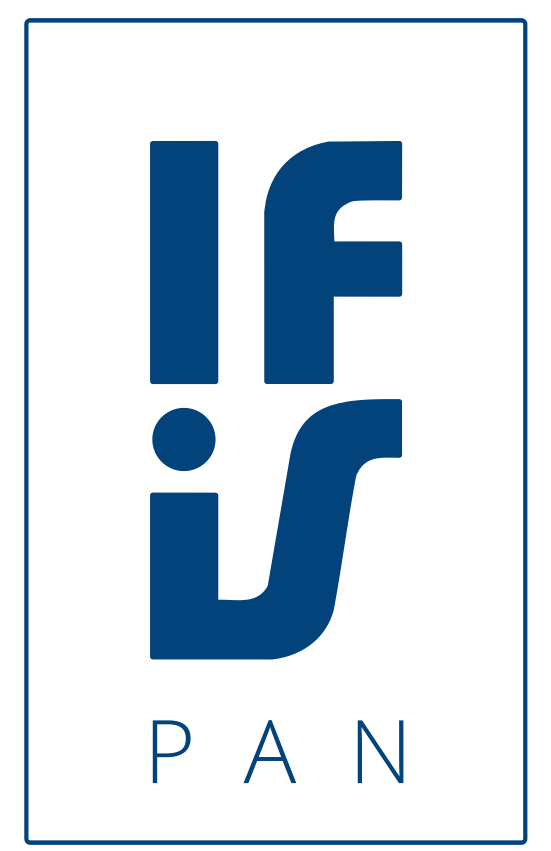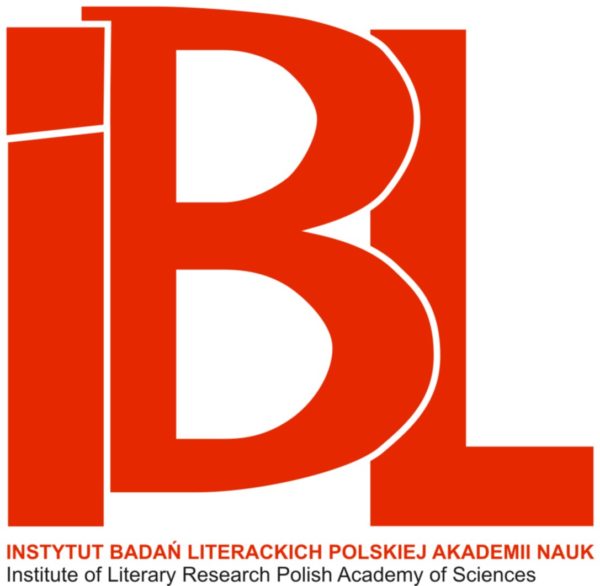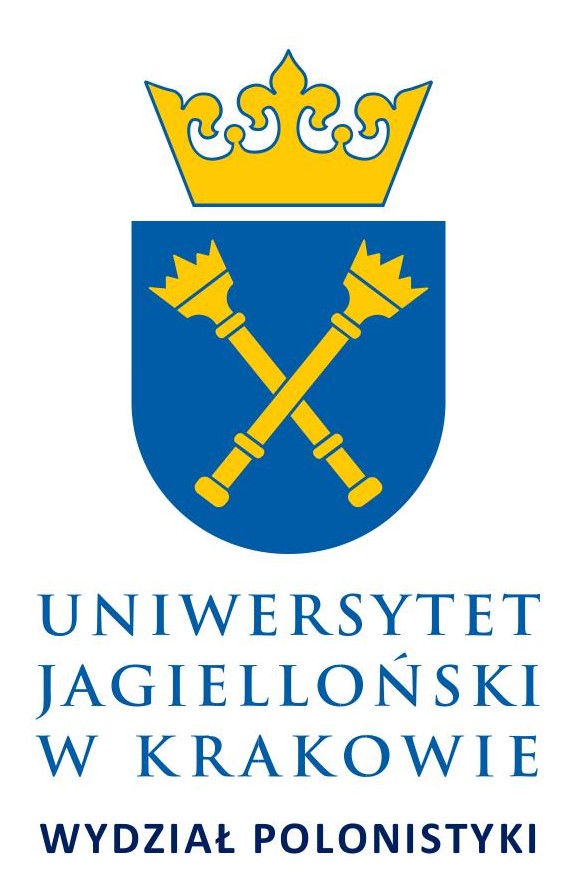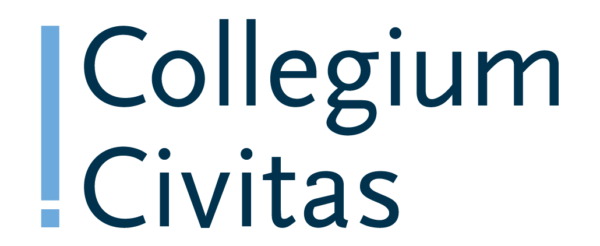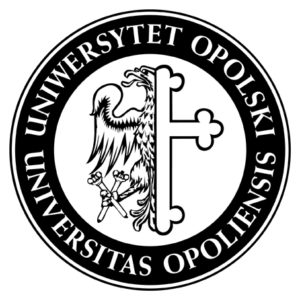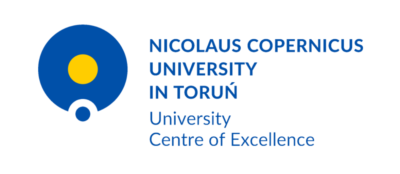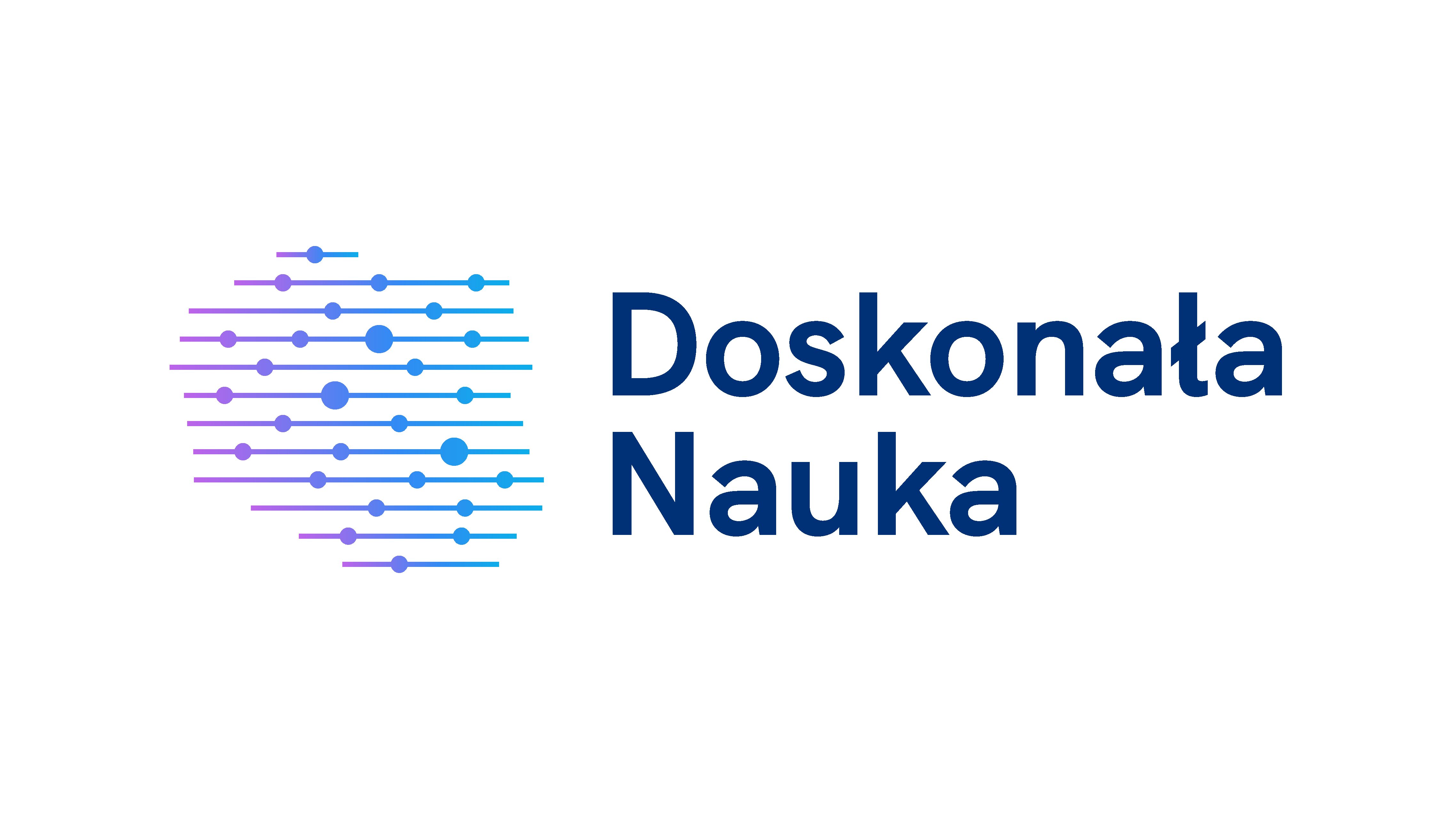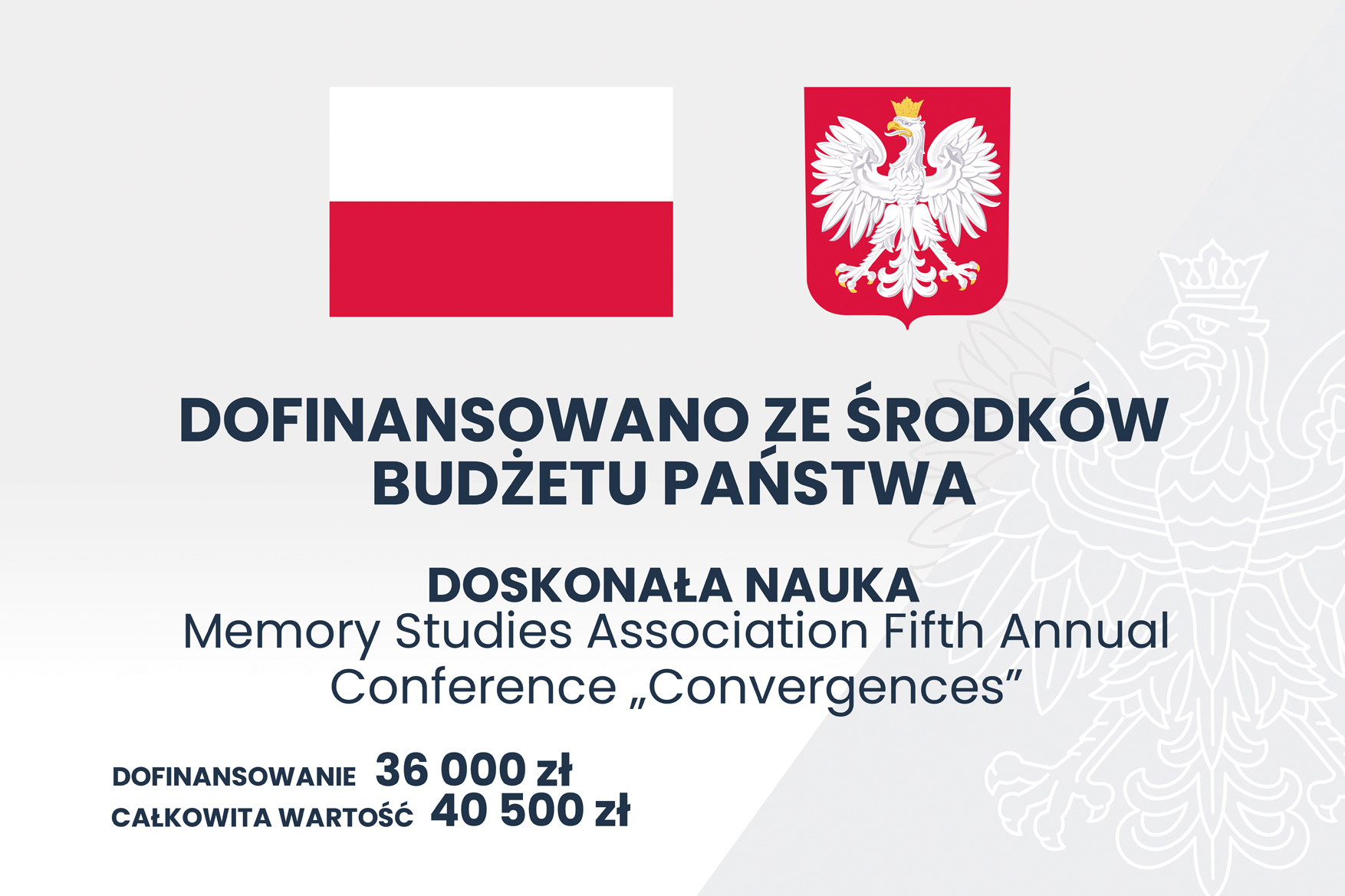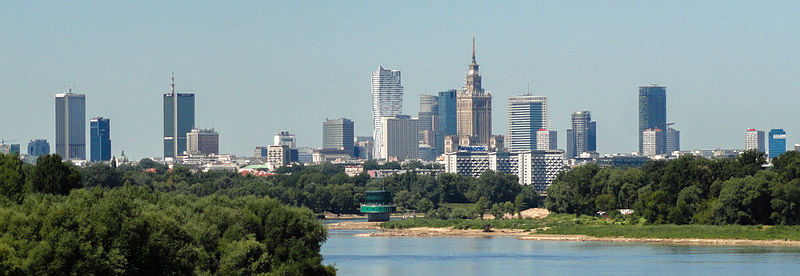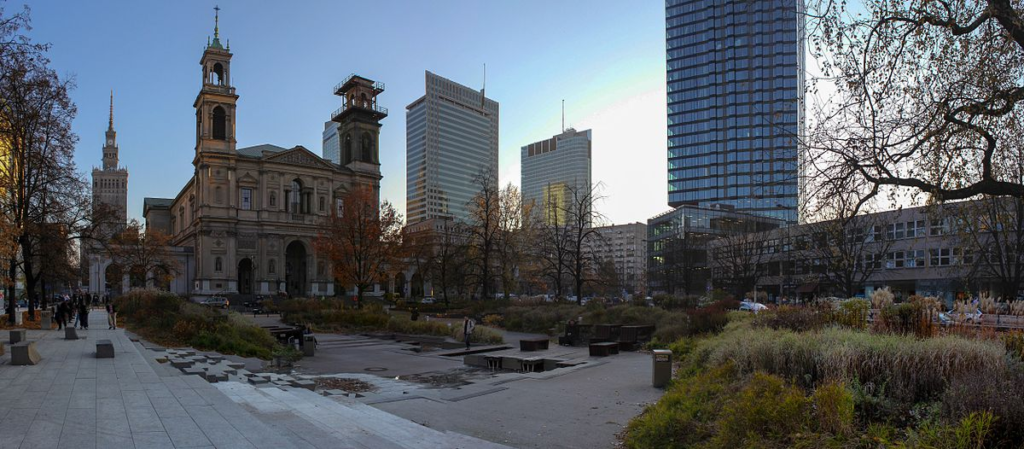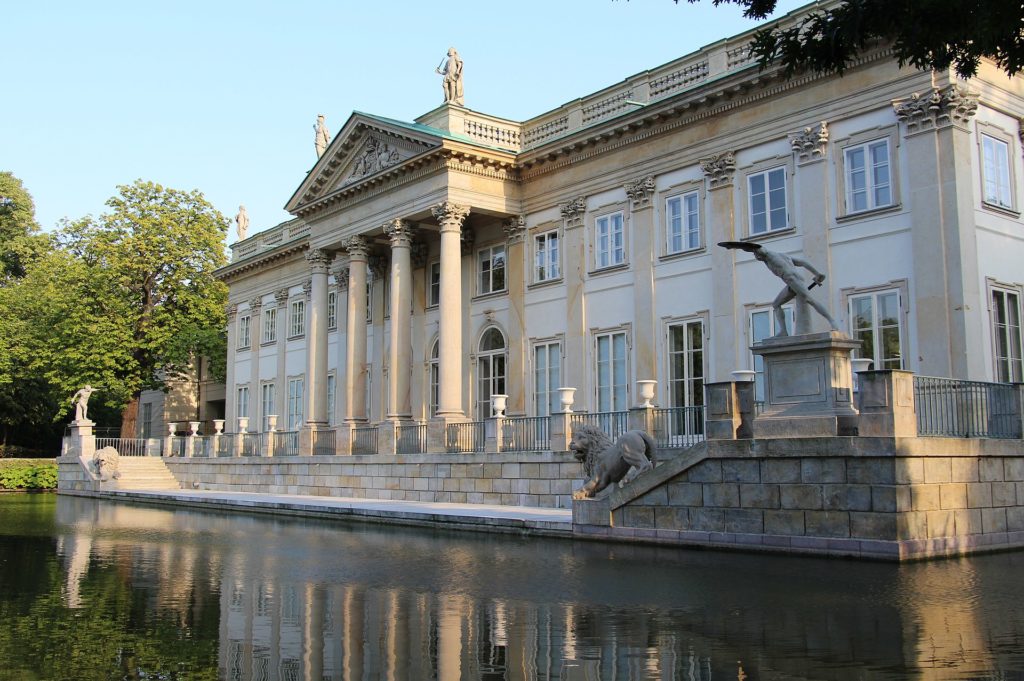REGISTRATION PROCEDURE
We kindly ask you to read the whole message carefully before moving to the registration website.
The fees are as follows:
EARLY BIRD CONFERENCE FEE – 40 EUR
The early bird ticket allows payment of a reduced conference fee until March 7th. (Early bird tickets will be available between 15.01. 2021 and 07.03.2021)
FULL CONFERENCE FEE – 70 EUR
By paying full conference fee you agree to voluntarily support our solidarity fund for low-income participants. (Full fee ticket will be available until April 15th when the system will close. We need to have everyone registered by this date in order to finalize the Conference program on time)
We will offer conference fee waivers for low-income participants. The application forms and acceptance criteria will be available on the website on the 25th of January. The submission deadline for waiver applications is February 15th.
CANCELLATION POLICY
Please note that in case of cancellation we will refund 50% of the conference fee until April 30th, 2021. After April 30th, we will be unable to refund your fee.
To pay the conference fee and register please go to msaconferencewarsaw.dryfta.com and click on Attendee Registration.
Registration instructions:
If you are already registered please log in first, choose the number of tickets you are willing to buy and then tick the ‘Buying for yourself? Click to auto-fill with your profile information’ check box. Please fill in fields that have not been filled automatically (Country of residence, Time Zone). The system will then lead you through the registration process and payment.
If you are not registered, choose the number of tickets you are willing to buy and fill in the form. A user profile will be generated automatically and you will be sent a welcome e-mail. The system will then lead you through the registration process and payment.
Should you need an invoice with more information than available in the Billing form please include it (e.g. the Tax Identification Number) in the Address field
Due to a change in EU regulations, all 3D Secure payments have to be authorized via the customer’s bank. Thus, if your bank is located in the EU, we recommend using the Stripe or PayPal payment method.
Should you have any questions do not hesitate to contact us: conference@memorystudiesassociation.org
Other relevant information:
If you are the submitter of a panel, roundtable, turbo session or special event, please share this email with your session participants and also ensure that all of them have created profiles with email addresses on the Dryfta platform. To create a new account please visit: msaconferencewarsaw.dryfta.com.
Please bear in mind that all participants must be MSA members in good standing. See all membership levels and sign up for membership here.
The conference fee for the participants of the Genealogies of Memory Stream will be covered by the ENRS. Please note that participants of the Stream will still be obliged to pay the MSA annual membership fee.
Global Memories Working Group – Call for Proposals
The working group continues to explore critically the idea of ‘global memories’, and, along with the conference theme, is specifically interested in convergences of memories and their different layers of mnemonic entanglement. The group is interested in submissions that consider questions along – although by no means exclusively limited to – the following lines:
- Are there specifically East-Central European positions regarding the globalization of memories?
- What are the relationships between local contexts and what might problematically be defined as global memories?
- Do global memories necessarily exhibit tendencies to universalize and homogenize discrete acts of remembrance into generalized norms, templates and frameworks?
- How are social, technological or natural processes involved in the creation of global memories?
- What are the geographical and temporal scales of global memory dynamics?
- Are there global paradigms, theories and methods to analyze memories?
The present condition is characterized by increased dynamics of economic exchange, migration and communication around the globe. These dynamics impact the social, material and media practices of remembrance. Memories are created, disseminated and received on larger, faster and denser scales than ever before. We would like to invite discussions that analyze these globalizing dynamics in their temporal and spatial dimensions as well as their social, material and media practices.
Proposals for conference presentations should include a title, an abstract of no more than 250 words and a short bio of 100 words.
They should be sent to Jarula at jarula.wegner[a]gmail.com.
Since the general submission closes on 30 October, the working group would like to have your proposals by 23 October 2020. The MSA will send out acceptance letters on 15 December January 2020.
****
Museums and Memory Working Group – Call for Proposals
Memory Studies Association Conference 2021
The newly formed ‘Museums and Memory’ Working Group of the MSA welcomes panels, workshops, exhibitons, events, or papers related to next year’s conference theme convergences that speak specifically to the relationship between memory and museum institutions. Please submit via the main submission point, but identify your event as relevant to the Museums and Memory Working Group: https://www.memorystudiesassociation.org/warsaw-conference-2021-cfp/
Topics addressed might include the following, but this is by no means an exhaustive list:
- Rethinking national memory with #BLM
- Decolonising the museum
- Recoding the museum – going digital
- Public institutions in private spaces #museumathome
- Letting go of curational control: what happens to memory when museum objects and narratives circulate on social media?
- Transnational memory and museum partnerships
- Lockdown online-only commemoration activities in 2020
- Memory/History … exhibition, research, commemoration, community, education – how does the relationship between memory and history play out across different museum departments?
The Museums and Memory working group is particularly interested in starting conversations and collaborations between academics and museum professionals through our network activities, so we welcome workshops, exhibits, creative sessions and debates that encourage dialogue alongside standard conference papers.
If you would like to reach out to the wider working group membership in search of panel members or contributors, drop us an email with your proposal at least 2 weeks before the final MSA submission deadline at the email address below.
We are also looking for individuals who would like to contribute to a workshop in which we will bring academics and museum professionals together to devise a manifesto for the post-pandemic museum. If you are interested in taking part in this special event, please email museumsandmemory@gmail.com with your name, affiliation and a brief bio, why you are interested in contributing to the event, and whether you are already a member of the working group or would like to join.
The 2021 conference will be the inaugural in-person meetup of the Museums and Memory working group (all being well). We are always looking for new members. You can join by completing this form: https://docs.google.com/forms/d/e/1FAIpQLSeMUEFG3302JY4efGTusomWrmrQx2_7AhnneG0TI1H4s6f7zA/viewform?usp=sf_link
Amy Sodaro and Victoria Grace Walden
****
Panel CFP – Fractured memory of the colonial encounter: Canada and the Indigenous present.
Places of colonial encounters team with fractured and conflicted memories. The fault lines and conflicts, however, as persistent as they are, do not appear evenly visible through time. Their salience recedes at times, to suddenly reemerge at others. 2020 represents a spectacular moment, when forces of the pandemic, the climate collapse and anti-racisms revolts converge and make visible that which was only recently hidden, in plain sight. 2020 seems to also represent a moment in which those calling for the removal of the colonial statues, those erecting land (and climate) defense blockades and those calling for de-militarization and abolition of the police converge in forming new solidaristic repertoire of contention.
In this panel we seek to explore the recent explosion of mnemonic and material struggles in colonial settings. Our main empirical case is Canada where the official multicultural rhetoric, state discourse of Indigenous reconciliation, mainstream adoption of land acknowledgments and BLM solidarity statements, are met with climate, land and memory activism. Our conceptual preoccupations concern the applicability of collective memory framework to current conflicts, the salience of judgment and persistence of history in the present, and the successes (and failures) of practices of de-commemoration (that is the symbolic reckoning with the venerated heroes/villains of the past, commemorated in statues, park names, etc.).
We welcome all papers on current memory politics in Canada, and we are happy to consider papers that place Canada in a comparative setting. All interested in joining the panel are asked to send a 250 abstract and a 150 word bio to Kate Korycki (kate.korycki[a]uwo.ca) by October 5. Depending on capacity, we may conduct a panel in person in Warsaw, or virtually, or in some form of a hybrid model.
****
MSA Regional Group on Memory in South East Europe
South East Europe occupies a special place in Memory Studies. Yet, there have been scarce attempts at bringing together researchers to analyze various set of mnemonic occurrences of the countries in the region. In brief, the present-day memory studies debate on the region can be divided across diachronic lines, as, for instance, the memory of the First World War (for an overview, see Luthar 2016), the Second World War (Petrović 2014), the communist period (Mark 2010; Brunnbauer 2012; Tileagă 2012; Todorova et al. 2014) and the post-communist transformations and democratic consolidations (Jović 2004; Troebst 2011). The Yugoslav wars of the 1990s are also a significant focal point in the recent debate. Several other topoi of the most recent memory studies debates in the region include the usages of political ideologies (for an overview, Bešlin and Atanacković 2012), political identities (Todorova 2004; Ramet 2013), historiography and history-production (Luthar 2017), transitional justice (Hačikjan et al. 2005), nostalgia (Todorova 2009; Todorova & Gille 2010), transnationalism (Samardžić 2013; Kirn 2017; Ramet & Hassenstab 2017) and recently Europeanization of memory (Milosevic & Trost 2020).
For the conference of the Memory Studies Association in Warsaw in 2021, the Regional Group on South East Europe seeks to launch a debate on the state of the art of Memory studies in – and on, the region. In line with the MSA CfP, we invite paper proposals that will address the growing confluences of the global and the regional to offer theoretical or methodological reflections addressing different layers of mnemonic entanglement in the region.
We therefore invite paper proposals with a strong focus on South East Europe.
Paper abstracts should have a length of no more than 200 words and can be written in English. A biography of no more than 80 words should also be included.
Please submit your proposal by October 10 to ana.milosevic@kuleuven.be, vjeranp@gmail.com and trajanovskinaum@gmail.com. We will then shape the panel accordingly.
The Regional Group Memory on South East Europe seeks to create long-term collaborations between scholars from different disciplines and geographical locations who are interested in planning projects and publications together. The conference in Warsaw will (hopefully) be the first occasion for a face to face meeting of the members of the Regional Group. Keep in mind that to become a member of the Regional Group, as well as for presenting in Warsaw, you need to be a member of the Memory Studies Association. For a paper proposal, this is not required.
More information on the Regional group, our activities and membership can be found at: www.msa-southeasteurope.com.
****
The (Im)Possibilities of Bearing Witness: The Intrinsic Value and Healing Power of Autobiographic Narratives
The Witnessing Working Group of the Memory Studies Association (MSA) is organizing a roundtable during the forthcoming MSA annual conference in Warsaw, Poland, July 5-9, 2021. Due to Covid-19, virtual participation will be possible. This roundtable will discuss the role of the researcher and the ways in which his/her testimony with traumatic experiences influences the course of research, but also the way in which the individual traumatic experiences of the researcher affect his/her trauma research methodology and narratives produced. Besides that, we would like to explore ways through which witness testimonies can influence researchers and ordinary readers and if (and to what extent) such testimonies may help post-trauma healing and recovery.
According to the psychiatrist Dori Laub, a victim needs the presence of a witness (an empathetic listener or reader), to confront the darkness of painful memories and to organize and process traumatic experiences. “‘Arousers’ of memories” helped Holocaust survivor Primo Levi (1990) describe the horrors of Auschwitz and discover meaning in writing and literature. For him, the true witness is the one who does not survive. Hence the survivor bears the responsibility to speak for those who cannot speak, or to serve as a “moral witness,” to testify with a “moral purpose” (Margalit, 2002, 149). Often researchers are put in the position of the (moral) witness while investigating the impact of traumatic events. How does such implied moral purpose influence the scholarly endeavors? And how does the arousal of the scholar’s own memories in the process of witnessing shape the course of the research conducted? Can a researcher turn into “a witness to himself”/herself (Laub, 1991, 58), potentially working through his/her own traumatic past while witnessing the trauma of others? And how can such self-reflections and self-explorations—of the survivor and/or researcher—be productively integrated into scholarly writings, possibly exploring paths of healing, which reach a wider audience than the ivory tower of academia?
For more information please consult MSA webpage:
https://www.memorystudiesassociation.org/warsaw-conference-2021-cfp/
Proposals not limited to the following topics are invited:
- How can traumatic narratives in scholarship be represented to adequately reflect the suffering of the victim?
- (Im)possibilities of bearing witness and how to be addressed in qualitative research?
- Witnessing and the dangers of appropriation
- The overwhelming nature of autobiographical narratives
- The healing power of trauma narratives
- Cultural representations of trauma and recovery as catharses
- (Moral) witnessing and activism
- Postcolonial witnessing and non-Western healing paradigms
****
CALL FOR PAPERS MSA ASIA
Dear Members,
Greetings from the MSA Asia! It has been some time now since our last meeting and would like to update you on some of the new developments in our group. We have joining the group as co-chair Dr. Vandana Saxena from Xiamen University Malaysia! She is a welcome addition to the team and will hopefully be able to meet with you in next year’s conference. In the meantime there will be a revamp of the group’s Facebook page where we will be posting up the latest updates as to our activities.
Also we are interested to hear if there are any of you out there who would be submitting proposals for papers or panels for next year’s MSA Conference in Warsaw. Please do get in touch with us before October 5th. Keep in touch and you are most welcome to email us should you have any further questions.
MSA Asia
Co-Chair, Jocelyn Martin: jmartin@ateneo.edu
Ateneo de Manila University
Co-Chair, Kar-Yen Leong: karyen@mail.tku.edu.tw
Tamkang University
Co-Chair, Vandana Saxena: Vandana.shanker.saxena@gmail.com
Xiamen University Malaysia
****
PoSoCoMeS call for panels for Warsaw
The MSA’s 2021 conference will take place in Warsaw. MSA Poland, the MSA Regional Group for South-Eastern Europe and the Genealogies of Memory programme of the European Network Remembrance of Solidarity will be actively involved. Thus there is no point in PoSoCoMeS to act as representative or coordinator of East European memory studies. Instead, our group will focus squarely on comparative memory studies. For the PoSoCoMeS stream in Warsaw we will only consider entire panels (not individual papers). Each panel submitted for the stream should meet the following requirements:
– The papers in the panel must discuss memory in at least three different countries
– Ideally, at least one of those countries or regions must be outside the former Soviet Union and the socialist countries of Central and Southeastern Europe.
– At the very least, the countries should not all be from the same region.
Thus a panel comparing the memory of socialist movements in Namibia, Nicaragua and Poland would be extremely welcome. And a panel with papers on war memorials in Belarus, Croatia and Slovakia is still a better fit than one on Yugonostalgia in Croatia, Serbia and Montenegro.
All panels must be submitted through the regular conference submission system (ticking the box for PoSoCoMeS working group submission). Please send a copy of the confirmation message to posocomes@gmail.com with a request to include the panel in our stream. You are also very welcome to discuss your ideas with us at an early stage, and ask us to suggest additional panelists if you are missing a paper in your panel.
A limited number of panels will be included in the stream, but those not included will still be considered for the regular conference programme.
****
Regional Group Latin America
We encourage submissions that offer theoretical or methodological reflections that address different layers of mnemonic entanglement on the main topic of convergences. We await your proposals for the panel until October 15, 2020 with an abstract of no more than 200 words and a short biography of no more than 100 words to americalatinamsa@gmail.com. Proposals can be in English, Spanish or Portuguese.
The areas of interest, although by no means exhaustive, could include:
- Practical/ethical convergences of COVID-19 in Latin America: How did logistical and ethical challenges force us to rethink our approaches to memory studies in terms of themes, collaborations, presentation formats and modes of participation in academic life? Have our conceptual assumptions, and indeed our memories, been disrupted or (productively) dislodged by disruptions in our daily practices? How can we see and value again the collegiate conversion of bodies and pixels in face-to-face and virtual meetings?
- Historical convergences: Eastern Central Europe is an example of a dense mnemonic palimpsest: post-imperial, post-revolutionary, post-war, post-genocidal, post-secular, and combined with a perennial struggle against various forms of authoritarianism. How do the region’s historical memories resonate with current discussions in Latin America, such as the Atlantic slave trade, the experience of World War II, or the colonial memory of settlers?
- Political discursive convergences: invisible, not yet remembered stories, emergent memories, and mnemonic frames and fields are being explored and reinterpreted as their various understandings intersect and interact. A prominent example is “the colonial” and its associated vocabularies of servitude, slavery, forced labor, forced assimilation, stolen generations, resistance, restitution, reparation and repatriation, and how they function in various mnemonic contexts. How are memory politics in Latin America changing and converging under current circumstances?
- Institutional convergences: To what extent can national and international institutions of public memory contribute to transnational memory dialogue? How do they learn or conflict with each other as their knowledge, language, and imagery travel through regions?
- Biological/ecological convergences: How are our perspectives on memory and its uses responding to growing global ecological crises such as climate change and species extinctions, as well as to local and trans-regional activist movements? Do these issues have a new relevance due to the ongoing challenge of the COVID-19 pandemic?
- Disciplinary convergences: How does the study of memory work under different disciplinary standards? What can we gain or lose by breaking the silos created by associations, meetings and magazines?
- Memory denial, power struggles and ethnic discrimination in Latin America. (In case you want to join this panel, please send your abstract directly to maceira@gmail.com
In the submission system, you will be asked to select your preference of either online or offline conference participation (or both). The final format of the conference depends on the number of online/offline submissions; therefore we will announce the conference fee for different types of presenters as well as the exact timing for panels and other events presenters after the submission is closed. For panels organizers, please also select either the offline or on-line option (or both) for entire panels. Thank you for your understanding!
The MSA especially encourages panel submissions but also welcomes individual submissions. The panel should consist of 4-5 presenters, a chair, and optionally a discussant. You may appear as a presenter only once but can act as chair or discussant in more than one panel. The organizers also welcome proposals of:
- roundtables of 5-7 participants with shorter statements and discussion;
- turbo sessions of 7-10 participants networking on a given research topic or common theme;
- special events including films, performances, art, exhibitions, etc. Please specify all technical conditions necessary for hosting such an event.
MSA Working/Regional groups have one panel in the program guaranteed. Group chairs should discuss a larger number of panels with the conference organizers. In both cases, submissions need to be made through the online system and marked as Working/Regional Group events.
Participants of the cancelled conference in Charlottesville: If your abstract was accepted for that conference and you wish to give the same presentation in Warsaw, please resubmit your abstract and click the box indicating that it was a submission for Charlottesville. If you wish to submit a new abstract, it will be subject to review.
If you wish to be considered for the Genealogies of Memory stream, please click the box indicating that in the system.
As always, the MSA will make available a limited number of travel grants for low-income members. Details will be announced later in the year.
Important dates:
Submission system opens: September 1, 2020
Deadline for submissions: October 30, 2020
Announcement of acceptances: December 15, 2020
Registration deadline for conference participants: January 30, 2021
Please direct all questions to: conference@memorystudiesassociation.org
Note: all presenters need to be MSA members in good standing, having paid their membership fees.
Local co-organizers
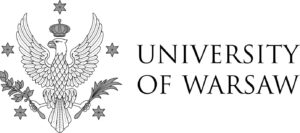
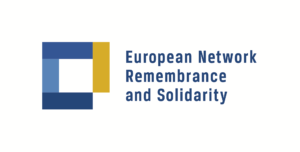
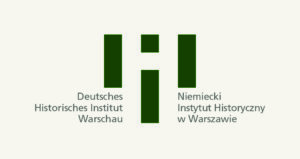
Partners
